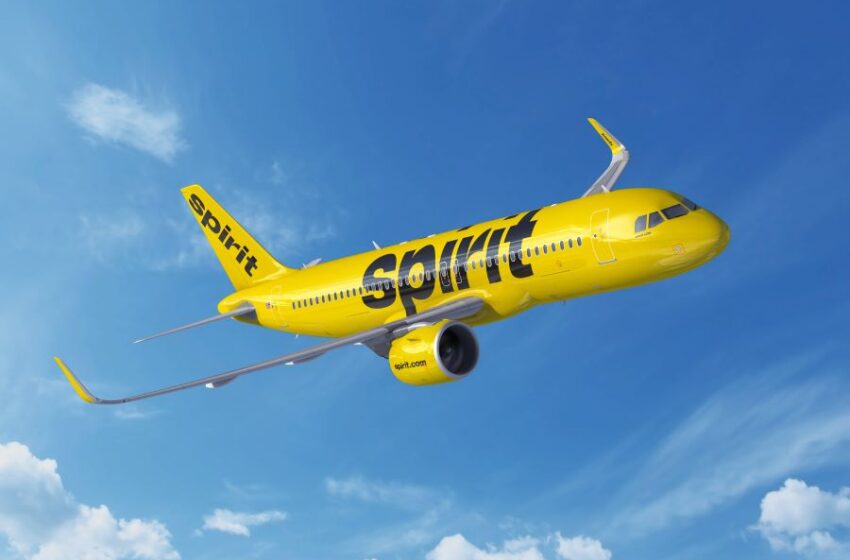
Spirit Airlines File for Chapter 11 Bankruptcy
As expected, the biggest ultra-low cost carrier Spirit Airlines became the first US major airline in the last 13 years to file for Chapter 11 bankruptcy on Monday.
Spirit also said that it has reached restructuring support agreement (RSA) with its shareholders to restructure its debts as well as raise money for operation in its current phase, which is anticipated to come to an end by the end of Q1 of 2025.
The restructuring is expected to reduce Spirit’s debt, provide increased financial flexibility, position Spirit for long-term success and accelerate investments providing Guests with enhanced travel experiences and greater value.
Spirit has received backstopped commitments for a $350 million equity investment from existing bondholders and will complete a deleveraging transaction to equitize $795 million of funded debt, the airlines said.
To implement the RSA, the company has commenced a prearranged chapter 11 process in the US Bankruptcy Court for the Southern District of New York. Existing bondholders are also providing $300 million in debtor-in-possession (DIP) financing, which, together with Spirit’s available cash reserves and cash provided by operations, is expected to further support the company through the chapter 11 process.
Spirit expects to continue operating its business in the normal course throughout this prearranged, streamlined chapter 11 process. Guests can continue to book and fly without interruption and can use all tickets, credits and loyalty points as normal.
The chapter 11 process itself will not impact Team Member wages or benefits, which are continuing to be paid and honoured for those employed by Spirit. Vendors, aircraft lessors and holders of secured aircraft indebtedness will continue to be paid in the ordinary course and will not be impaired.
As a result of the chapter 11 filing, Spirit expects to be delisted from the New York Stock Exchange (NYSE) in the near term. The company expects that its common stock will continue to trade in the over-the-counter marketplace through the chapter 11 process. The shares are expected to be cancelled and have no value as part of Spirit’s restructuring.
Spirit’s President and CEO Ted Christie said that the company has reached an agreement with a supermajority of both their loyalty and convertible bondholders on a comprehensive recapitalisation of the company, which is a strong vote of confidence in Spirit and its long-term plan.
“This set of transactions will materially strengthen our balance sheet and position Spirit for the future while we continue executing on our strategic initiatives to transform our guest experience, providing new enhanced travel options, greater value and increased flexibility,” he added.
COVID-19 Impacts Spirit
Though it was one of the most profitable airlines till a few years ago, its fortunes took a nosedive in post-pandemic era due to mounting debts and declining revenue.
Spirit Airlines, which was launched in 1992 and Indigo Partners, a private equity fund, purchased a majority stake in Spirit in 2006 with the objective of lowering its cost and selling tickets without the inclusion of additional services like checked-in baggage, food and seating.
These measures ensured the carrier made good earnings by its operations not only in the US but across the world. In fact, Spirit Airlines was a role model for other airlines in making profits. However, the last time Spirit made profit was in 2019 but post-COVID problems led to the airlines’ downfall.
Despite taking many cost-cutting measures such as delayed aircraft deliveries and furloughing of pilots and selling of 23 airplanes in October this year, its efforts to stay afloat proved futile.















